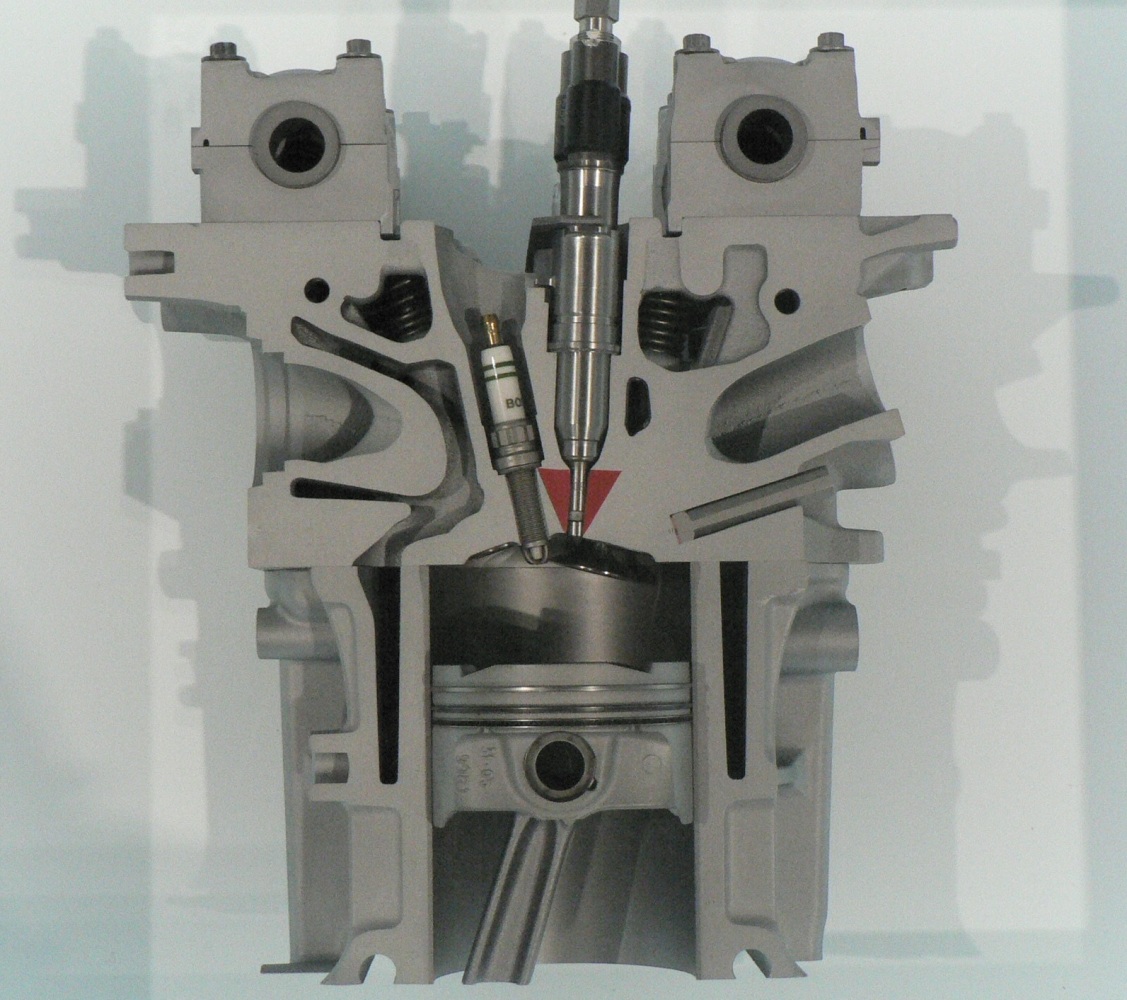
The global market for rheumatoid arthritis treatments is expected to grow at a CAGR of...
Learn More
Our consulting solutions address company specific challenges with respect to micro environment...
Learn More
Organizations frequently need day-today research guidancein order to gain strategic...
Learn More
Exploring different areas of market research and market analysis is a key factor...
Learn MoreAcute Market Reports presents the most extensive global business research services across industries. Our research studies focus on potential outcomes, benefits, and risks associated with each market segment across geographies. Having served our global clients for more than 10 years, our prime priority is to enable our clients in making well-informed business decisions through a data-driven, analytical, and uncomplicated research approach.
We provide access to the world's most comprehensive, analytical, and updated business intelligence services and solutions.




The gasoline direct injection (GDI) system market is expected to grow at a CAGR of 7.5% during the forecast period of 2025 to 2033, due to several key factors driving its expansion. The primary conclusions drawn from the current analysis indicate tha...
Read More
The identity verification market is a critical component of modern digital ecosystems, providing solutions for secure and seamless identification processes. The identity verification market is essential for combating identity theft, meeting regulator...
Read More
The global market for risk management software is anticipated to expand at a CAGR of 18% during the forecast period of 2025 to 2033. The primary purpose of risk management software is to constantly monitor and manage the many compliance-related risks...
Read More




